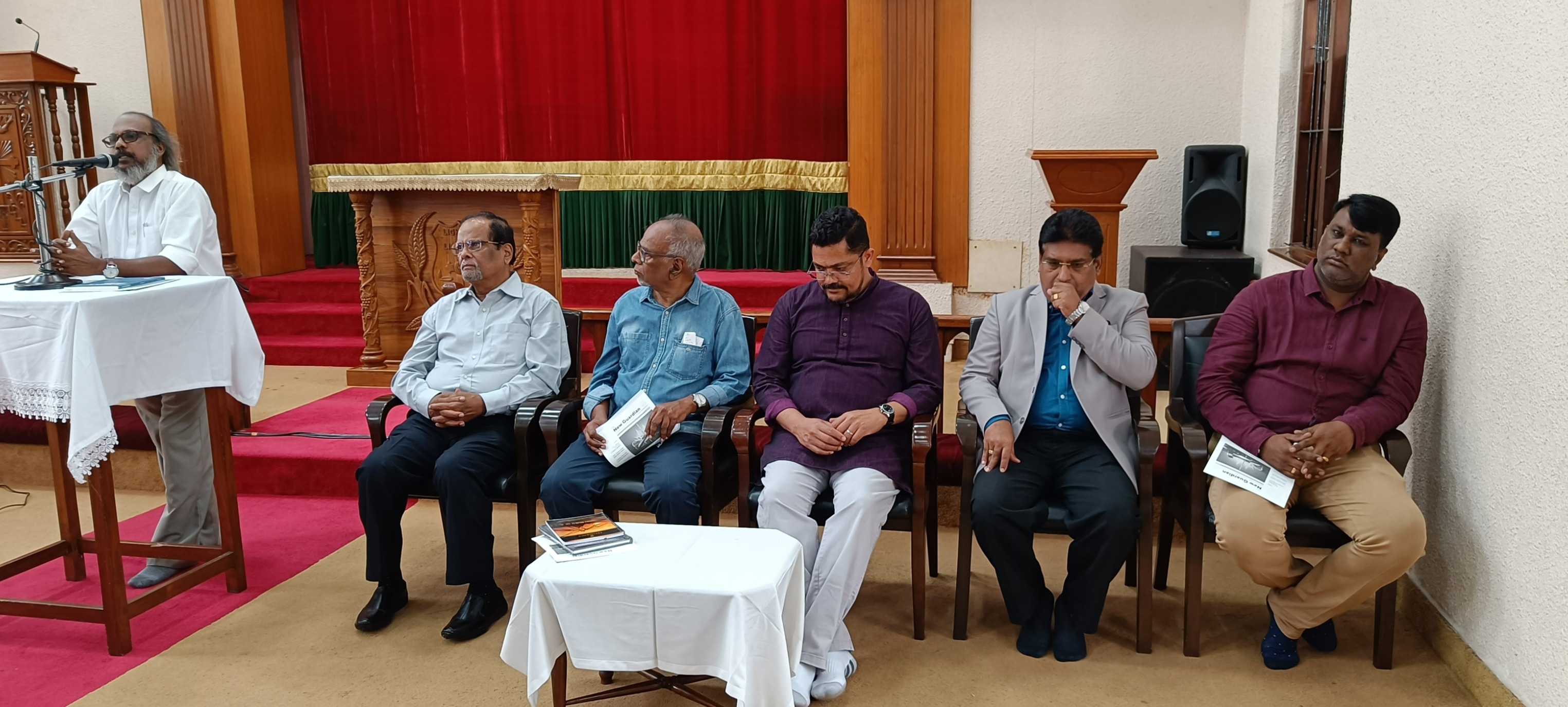
The uniform civil code (UCC) refers to a common set of laws governing marriage, divorce, inheritance, adoption, and succession for all Indian citizens, irrespective of religion, gender, or sexual orientation. Of course, a common civil code to ensure equity and equality of all citizens in this country is highly desirable. Dr B.R. Ambedkar and Jawaharlal Nehru shared this vision during the formulation of the Constitution of India; the Constituent Assembly enshrined it in Article 44 in Part IV of the Directive Principles of State Policy. There were ample reasons for not placing it on the Union List and also for granting Parliament full legislative authority over
the personal laws of various religious communities. There was strong opposition from the minority communities in the Constituent Assembly to unifying personal laws that are legally sanctioned under Article 25.
The Supreme Court has emphasised the need for a UCC on three occasions. In the Shah Bano case (1985), the bench, led by the then Chief Justice Y.V Chandrachud, observed the need to implement a UCC to remove the discriminative content of religious personal laws, especially those violating the civil rights of women. The second instance was the Sarla Mudgal case in 1995. While addressing the conflict between different personal laws concerning marriage, the Supreme Court highlighted the need for a UCC as enshrined in Article 44. In 1997, in the John Vallamattom versus Union of India case, which challenged that Section 118 of the Indian Succession Act was unconstitutional, the Supreme Court stated: “A Common Civil Code will help the cause of national integration by removing the contradictions based on ideologies.” The Supreme Court’s intention was to abolish the retrograde practices followed under the framework of personal laws.
However, the ruling coalition’s move to bring this issue to public discussion, especially ahead of the general elections in this country, raises scepticism about its intentions. The minorities in this country have a strong feeling that it is an initiative to impose a Hinduised code on the nation. The ruling party seems to have an agenda to turn India from a secular nation into a religious one. The political propaganda for constructing a Hindu Rashtra is well evident in the activities of the Hindutva forces in this country. The ruling party’s aggressive stand on criminalising
triple talaq, its initiatives to bring the tribal communities of north-eastern India into the Hindu tradition, its resistance to women’s entry into the Sabarimala temple despite the Supreme Court’s verdict, and the criminal silence on the Manipur riots only exposes its inclination to bring about a Hinduised code rather than a common equitable civil code that renders all citizens equal. The violence, violation, and hostility against the minorities and weaker sections of this country by Hindutva forces make it difficult to place trust in their intentions. There is no doubt about the need for changes in personal laws that deny equal rights to women and the weaker sections of society. Most of these laws were formulated in the colonial period and require changes according to the human rights consciousness of contemporary society. To achieve justice for marginalised communities, it is crucial to involve the communities concerned in initiating these changes.
Even in the fast-changing world we live in, women assume a secondary status, and their rights to divorce, property, and inheritance are violated due to the rigid (conservative) legalities dictated by existing religious traditions. Criticising the political agenda of the ruling party and hesitating to change the personal laws in favour of justice and equality represents a double standard. Minority religions have a long way to go towards achieving this goal. Although there have been efforts to reform the Hindu code in India, they have often failed to challenge
deeply entrenched casteist and patriarchal norms that render a vast majority of the population non-human. Considering the multiplicity and differences of various cultural and religious communities in India, it is not feasible to homogenise laws in the name of a uniform civil code.
CISRS urges the Central government to refrain from rushing into decisions regarding the UCC without prior discussion and consensus. It is crucial to initiate deliberations to improve personal laws in favour of the weak and the vulnerable. CISRS demands the government to take heed of the 21st Law Commission’s recommendation that the UCC is “neither necessary nor desirable” at this juncture.
Y. T. Vinayaraj
Editor
CISRS © 2023. All Rights Reserved.
Built By Crayons. © 2023